Tessa Hadley's 6 favorite fictional books about art
The acclaimed author recommends works by Jean Rhys, Leo Tolstoy, and more
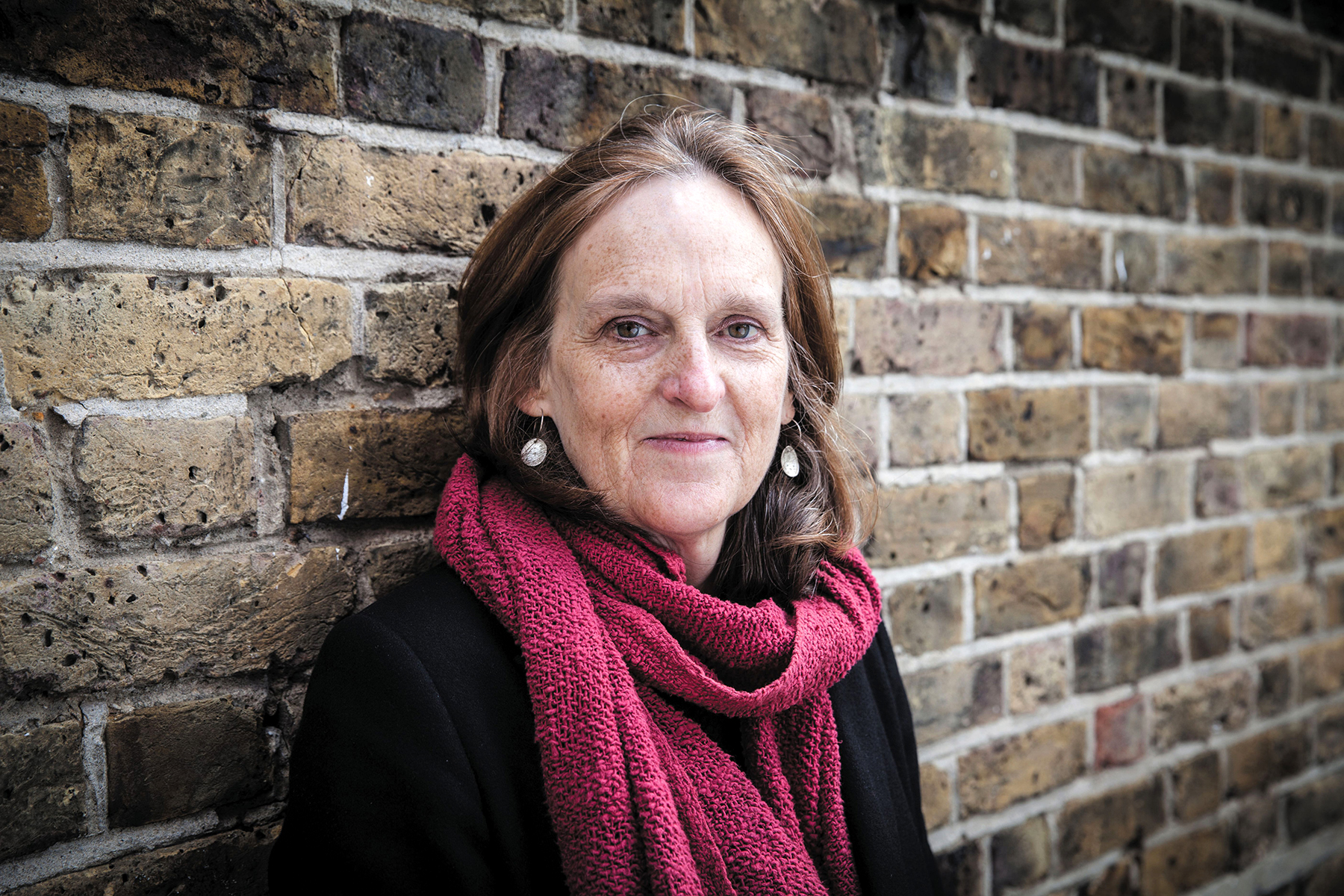
A free daily email with the biggest news stories of the day – and the best features from TheWeek.com
You are now subscribed
Your newsletter sign-up was successful
In Tessa Hadley's new novel, Late in the Day, the death of a London art dealer disrupts the delicate balance of what had been a four-way friendship. Below, the author of The Past and Clever Girl recommends six other examinations of art in fiction.
Life Class by Pat Barker (2008).
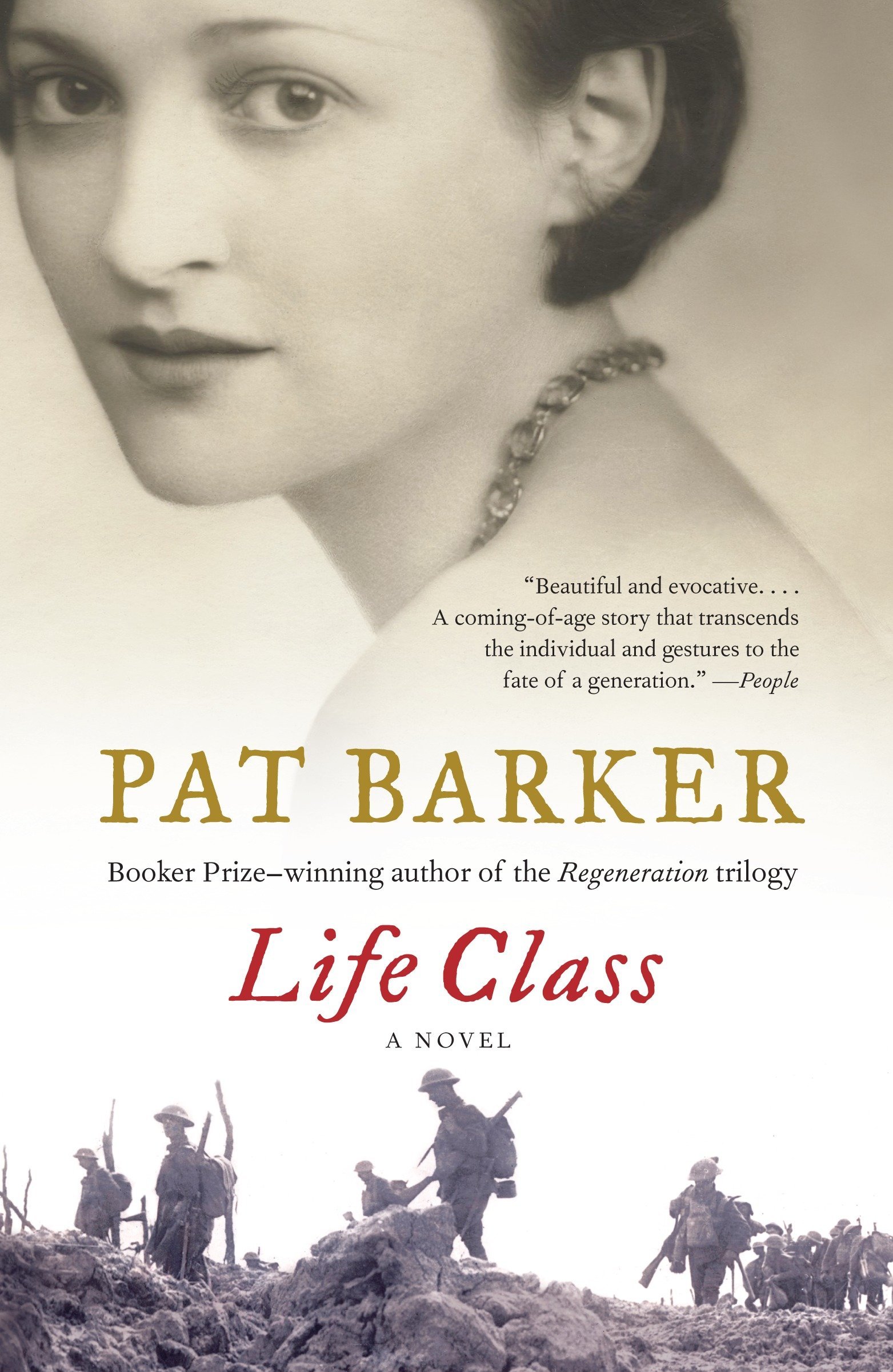
Pat Barker's second trilogy about the First World War begins with this novel about three young artists at London's Slade School of Fine Art, one destined to become a medic in Belgium. She offers none of the usual clichés about the war; her research is impeccable but doesn't feel like research. The story feels fresh and unexpected as life itself.
The Week
Escape your echo chamber. Get the facts behind the news, plus analysis from multiple perspectives.

Sign up for The Week's Free Newsletters
From our morning news briefing to a weekly Good News Newsletter, get the best of The Week delivered directly to your inbox.
From our morning news briefing to a weekly Good News Newsletter, get the best of The Week delivered directly to your inbox.
Good Morning, Midnight by Jean Rhys (1939).
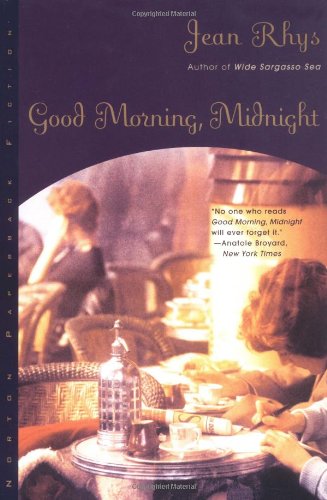
In the middle of Good Morning, Midnight, unhappy Sasha Jansen visits a Jewish artist in Paris who earns his living by making fake African masks. Sasha lets us know she's disappointed that the artist doesn't have much drink in the house. Then she catches sight of his vivid paintings — "and the iron band round my heart loosens."
Anna Karenina by Leo Tolstoy (1877).
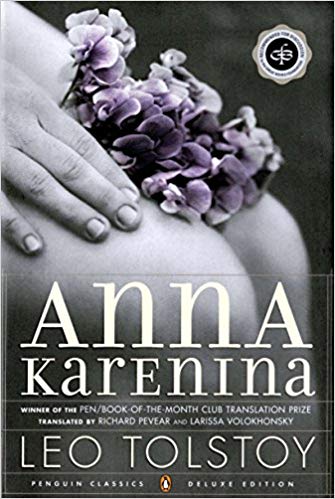
Anna and Vronsky run away together to Italy and he resigns his commission in the Russian army. How to fill his days: Why not take up painting? Tolstoy enjoys some painful comedy at the expense of the dilettante aristocrat as he tries to learn from a real artist.
A free daily email with the biggest news stories of the day – and the best features from TheWeek.com
Soundings by Anita Brookner (1997).
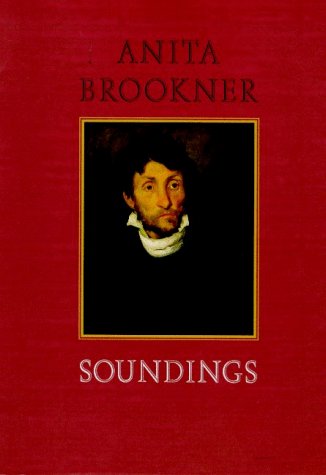
Long before she became a novelist, Brookner was an art historian at London's Courtauld Institute. Her essays on painting, mostly French painting, are marvelous. In Soundings, she summarizes incisively and with absolute originality the achievements of Géricault, Ingres, and Delacroix.
A Painter of Our Time by John Berger
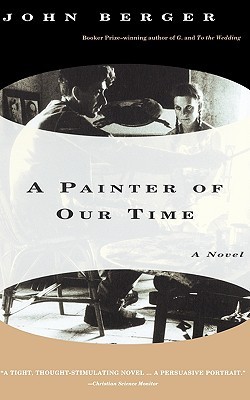
Berger's novel illuminates a lost age of politics. Hungarian Janos Lavin paints in exile in London, but when Russian tanks roll into Budapest in 1956, he thinks he must go home to act. It isn't clear which side the committed Communist is going to take. But Berger punctuates the suspense with wonderful writing about the daily struggle to put paint on a canvas.
The South by Colm Tóibín (1990).
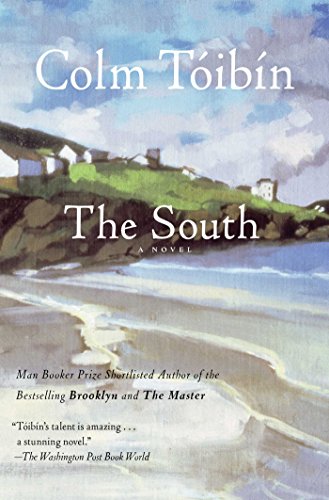
Katherine Proctor, a woman of the landowning class in rural Ireland, escapes the constraints of her marriage to find a new life in Spain in the time of Franco. Years later, when she returns to Ireland, she paints her native landscape over and over. This is an extraordinarily delicate exploration of the relationship between life and art.
-
 Why the Gorton and Denton by-election is a ‘Frankenstein’s monster’
Why the Gorton and Denton by-election is a ‘Frankenstein’s monster’Talking Point Reform and the Greens have the Labour seat in their sights, but the constituency’s complex demographics make messaging tricky
-
 Minnesota's legal system buckles under Trump's ICE surge
Minnesota's legal system buckles under Trump's ICE surgeIN THE SPOTLIGHT Mass arrests and chaotic administration have pushed Twin Cities courts to the brink as lawyers and judges alike struggle to keep pace with ICE’s activity
-
 Big-time money squabbles: the conflict over California’s proposed billionaire tax
Big-time money squabbles: the conflict over California’s proposed billionaire taxTalking Points Californians worth more than $1.1 billion would pay a one-time 5% tax